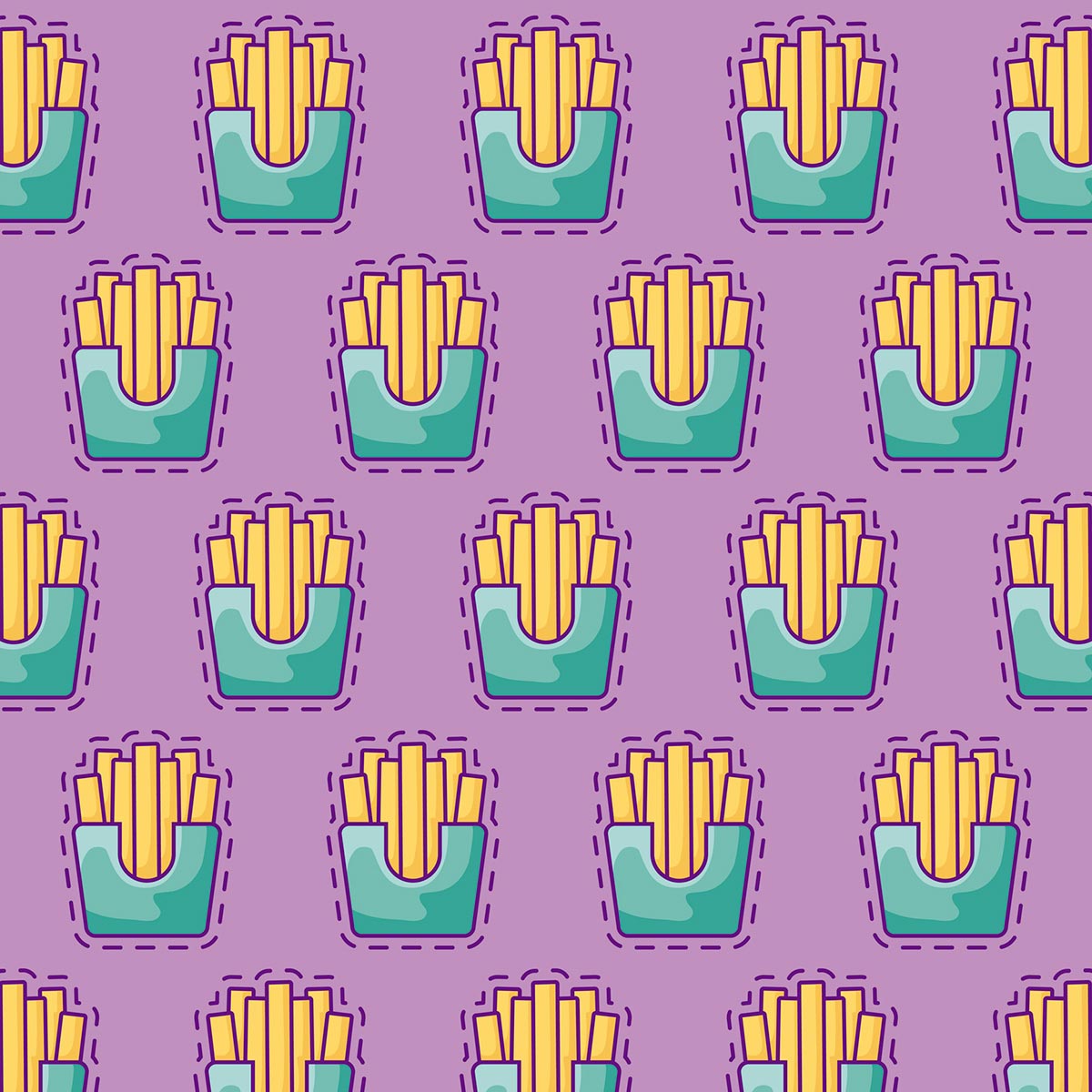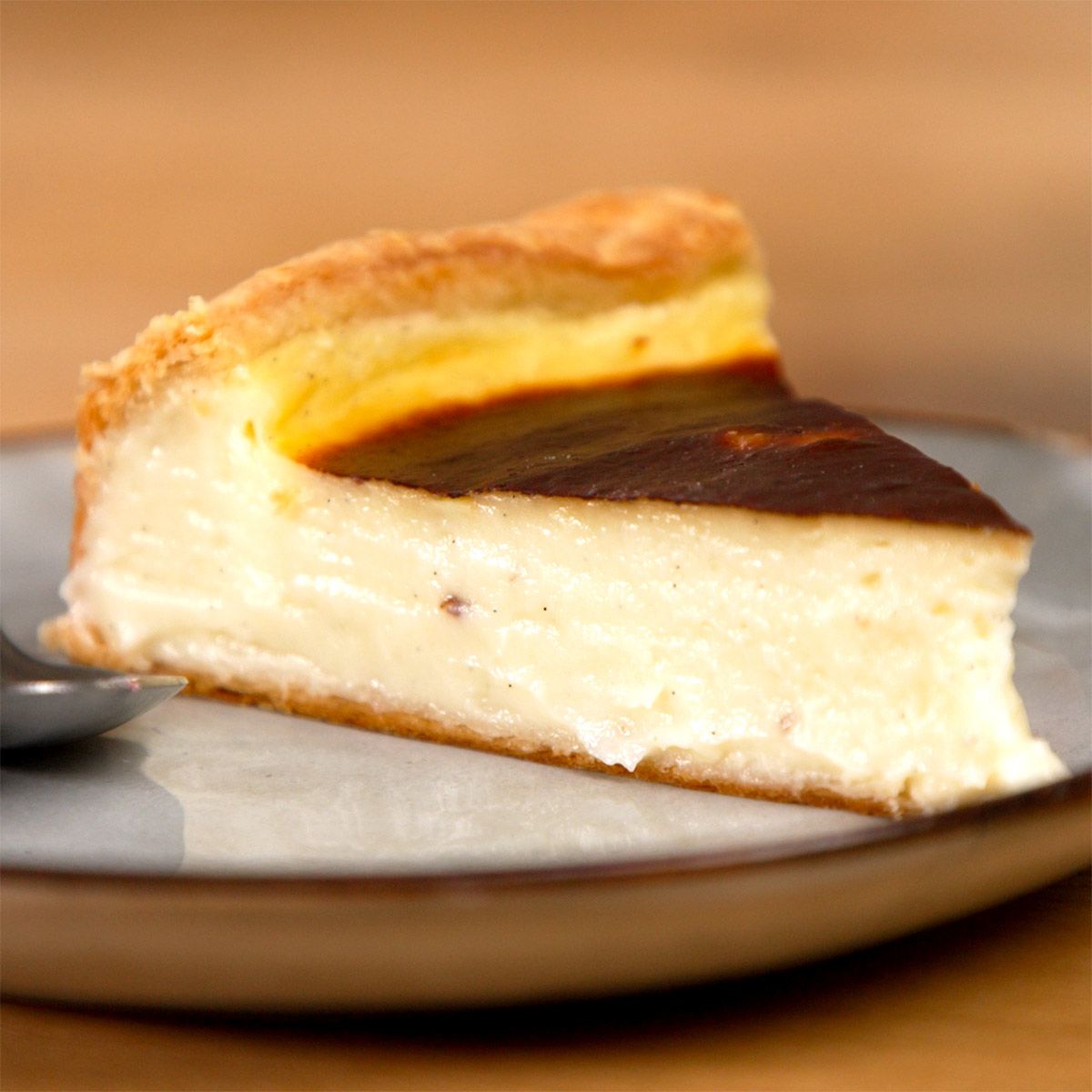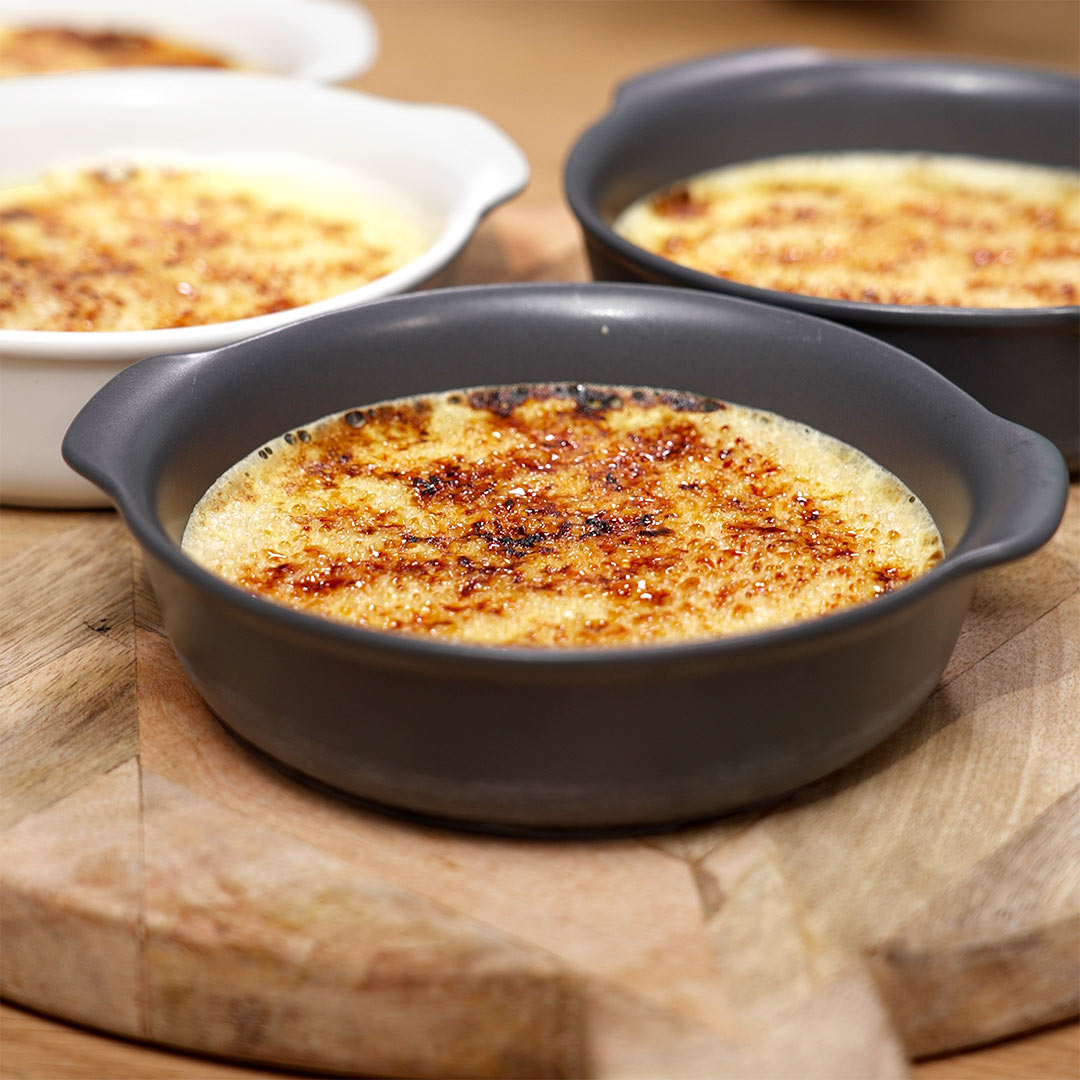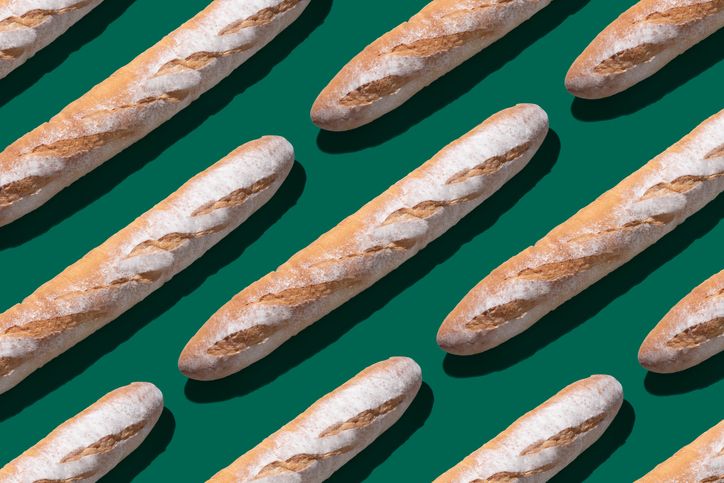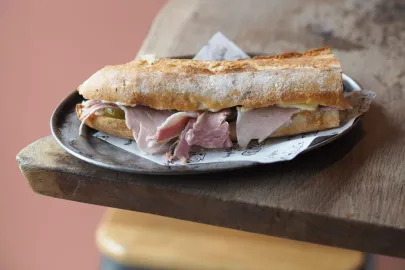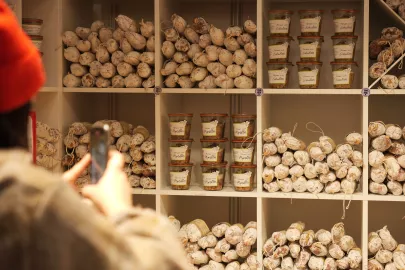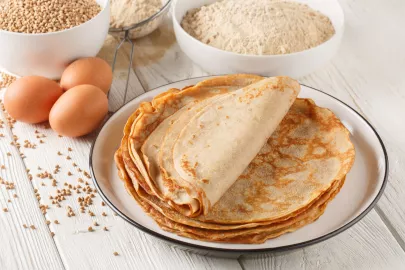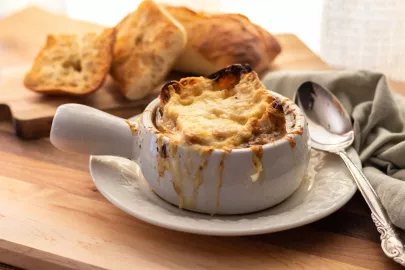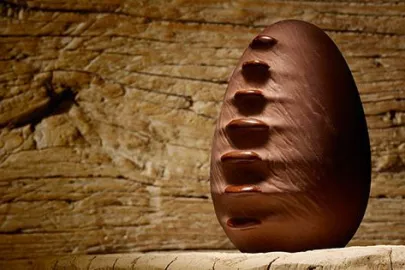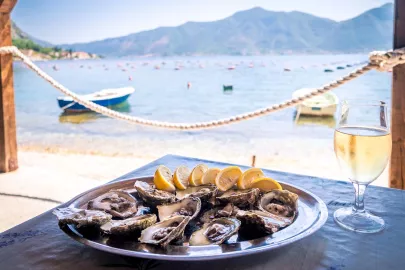From French fries to French vanilla, we know these foods as “French” in English, but do they really come from France? Let’s test your food knowledge!
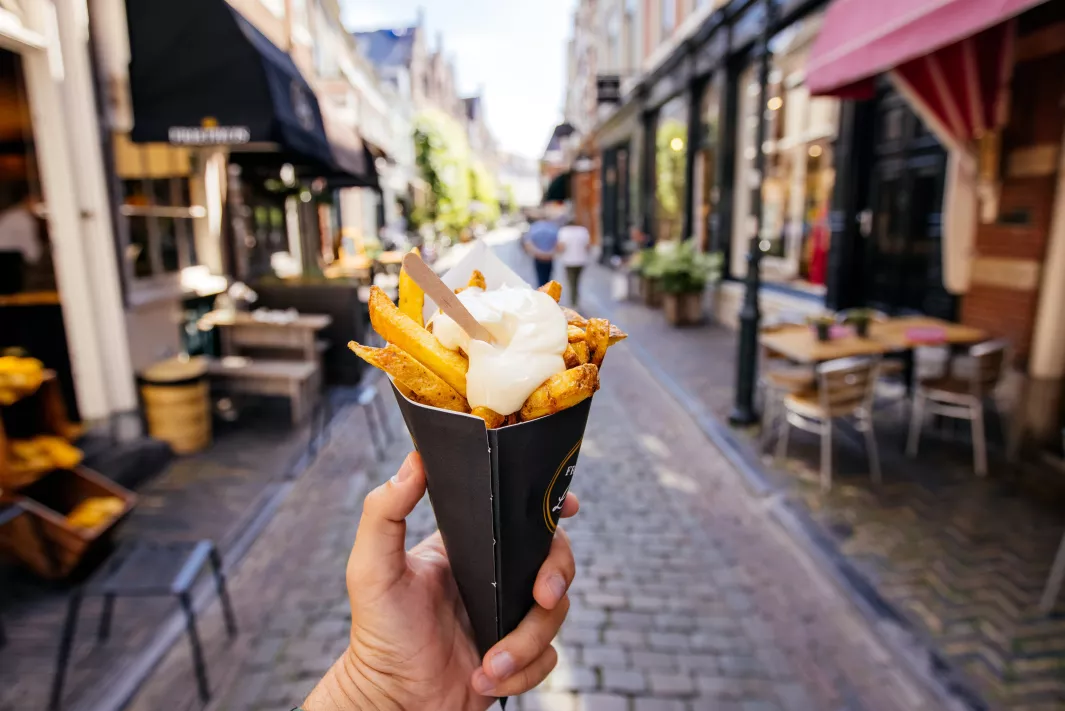
William Shakespeare famously asked “what’s in a name?” and as it turns out, a lot! Some of our favourite culinary classics are known for being “French”, but their true origin story might surprise you. Are these French foods actually French?
French toast: not quite
Invented by the Romans, who made “Pan Dulcis” by soaking bread in milk and eggs before frying it, the first French toast recipe dates back to the 4th century. The French referred to it as “Roman bread” before settling on its current name, “pain perdu” (which translates to “lost bread” in reference to the stale bread used to make it). No one is certain exactly how this dish made its way to England, but the name “French toast” was first used in a British cookbook in the 17th century.
French fries: it’s debatable
While Belgians like to claim this dish originated on their soil in 1680, when villagers decided to fry potatoes instead of fish after the local river froze, some historians question the credibility of this tale. Meanwhile, the French claim that they are the creators of French fries (or “pommes frites” in French), with “fried potatoes” appearing in French cookbooks as early as 1795. American president (and noted Francophile) Thomas Jefferson is credited with bringing them to the United States, when he served fried potatoes “in the French manner” at the White House in 1802, following a trip to France.
French press coffee: certifiably French
French press coffee is made using a manual coffee maker known as a “French press” (a “café a piston” in French), which involves mixing ground coffee beans and hot water in a cylindrical pot before using a hand pressed filter to push hot water through the coffee. This device was invented by two Frenchman in 1852 and experienced a surge in global popularity in the 1950s.
French Vanilla: sort of
While vanilla beans are named for the place where they’re grown (such as Tahiti or Madagascar), there is no variety of vanilla bean known as “French vanilla”. Rather, the name refers to the French method of making ice cream using a vanilla custard base. It’s said that the eggs lend the vanilla a deep, rich flavour profile, transforming desserts like custard tart and crème brûlée.
French bread: not really
While the term “French bread” is used in many parts of the world to refer to any kind of soft white sourdough bread with a crispy crust, it’s a far cry from the traditional French baguette which was invented in France in 1839. The genuine baguette is such an essential part of French daily life it has been granted UNESCO “intangible cultural heritage” status and its fabrication is even protected by laws!
While some of these French foods might not be as authentically French as we thought, it’s easy to see the influence French techniques and ingredients have had on food around the world. For more French cooking inspiration, visit our Recipes page.

